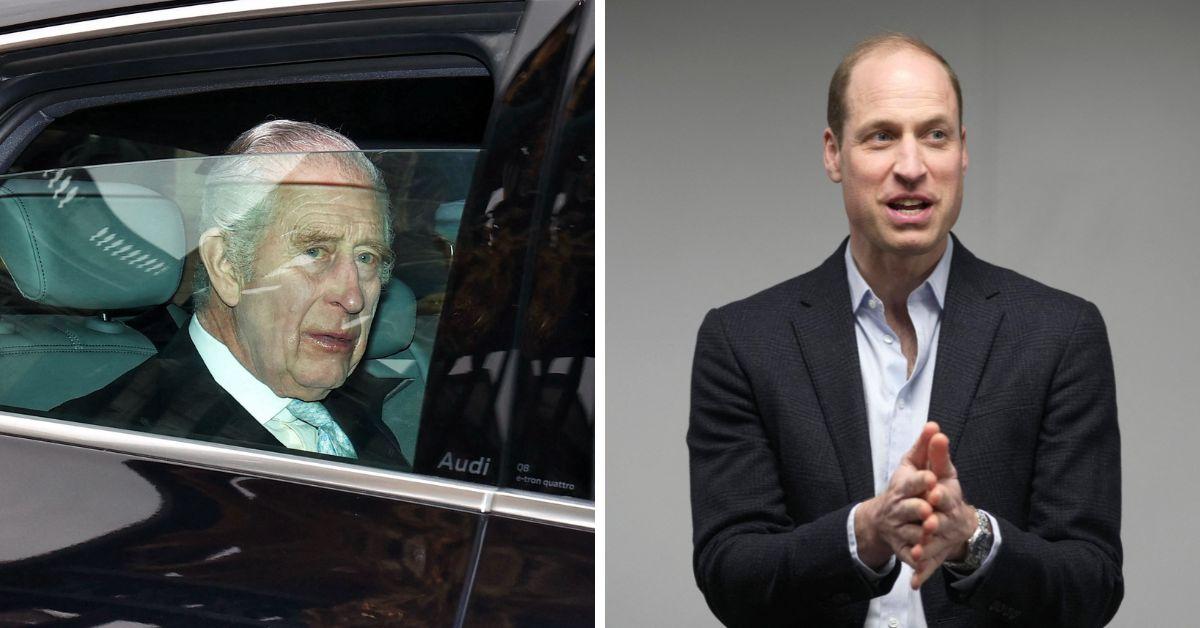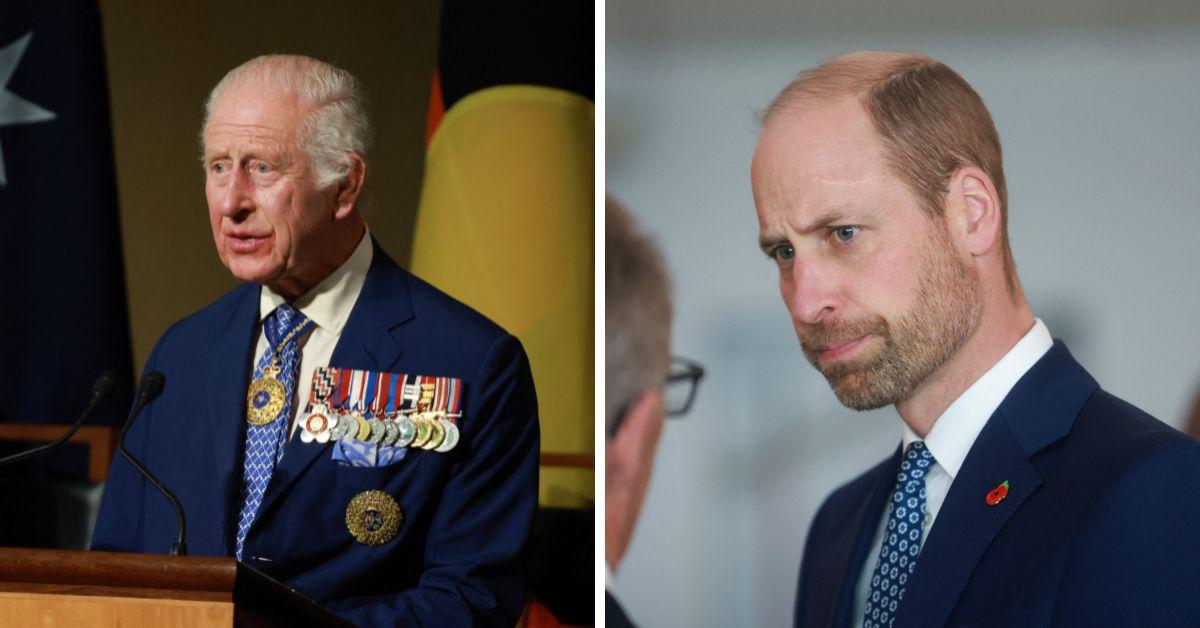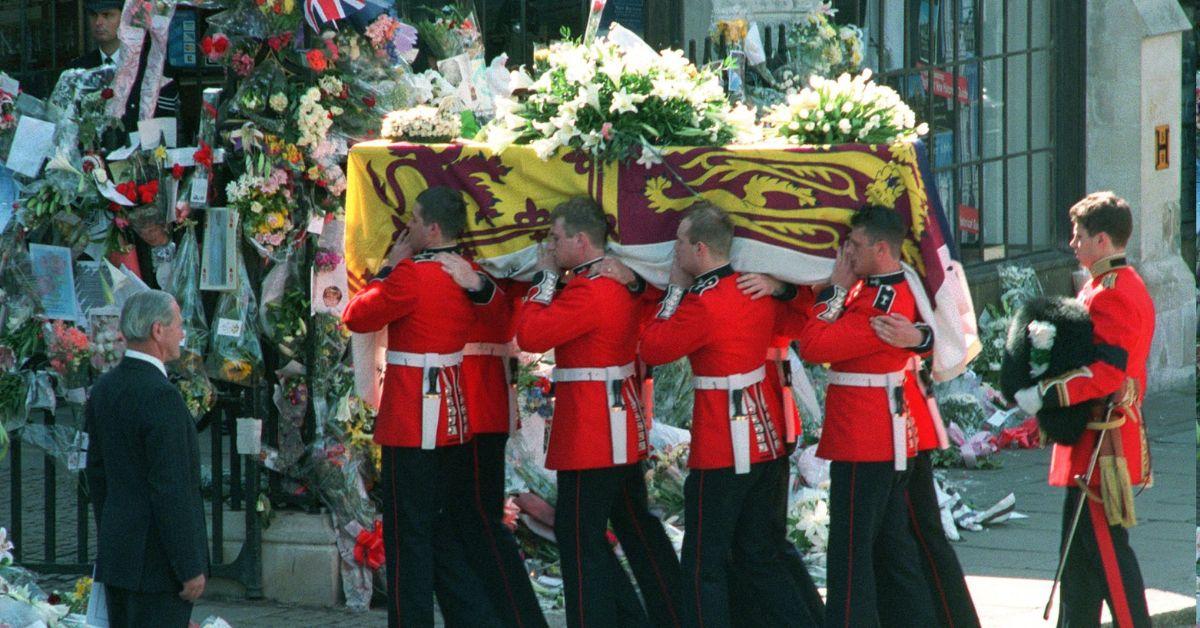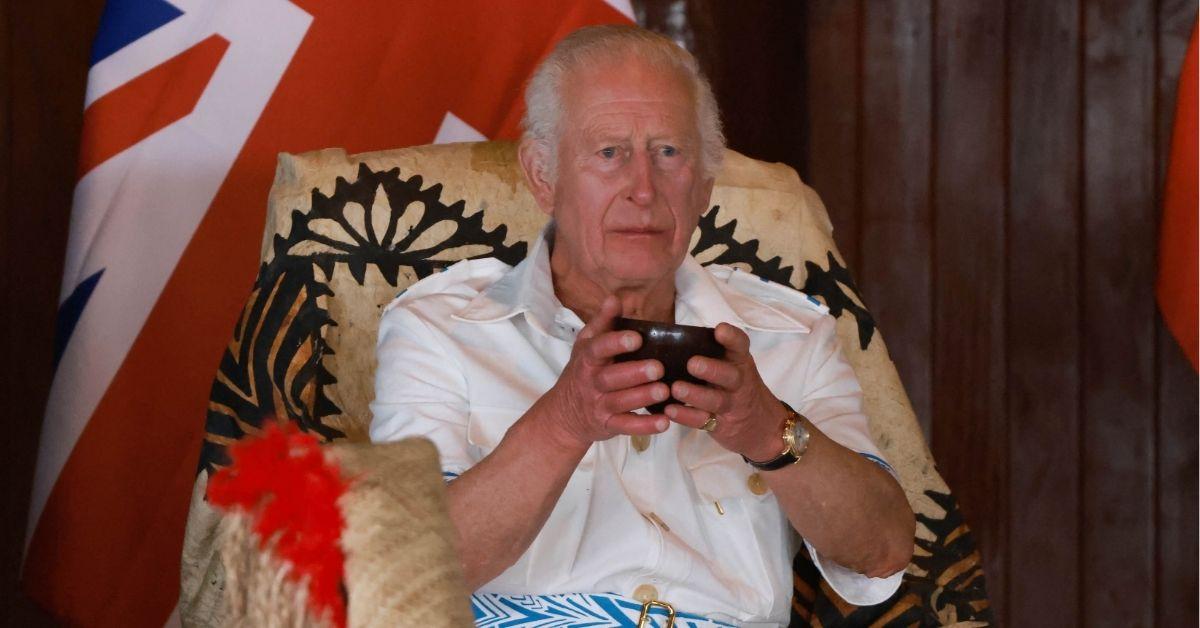'Operation London Bridge' Reborn for King Charles and Prince William: Royal Death Protocols Get Historic Update

King Charles and Prince William's funeral plans revealed.
King Charles III's state funeral name will remain the same as his mother, Queen Elizabeth II's — "Operation London Bridge."
Royal author Robert Hardman revealed, "The King’s own valedictory arrangements have now, officially, been upgraded to Operation London Bridge, mirroring those of Elizabeth II."

King Charles III and the Prince of Wales will both have state funerals upon their deaths.
Also announced were plans for Prince William's ceremonial funeral if he were to pass away as heir to the throne. The Prince of Wales' event is codenamed "Operation Menai Bridge," in a nod to the suspension bridge linking Anglesey to North Wales, befitting his title. The future king, 42, would likely also use Operation London Bridge when and if he passes away as monarch.
Hardman added, "That is now the code for the new Prince of Wales, with the 'Menai' designation for all his immediate family in numerical order. Prince William’s plans had previously been codenamed Operation Clare Bridge, after the famous crossing over the Cam, during his days as Duke of Cambridge. 'You need a plan for everything.'"

King Charles and Prince William have different funeral codenames in part due to security concerns.
Charles III, 75, is currently battling an unknown form of cancer, which has many royal fans and analysts on edge about another state funeral so soon after Elizabeth II's.
Like the late monarch's unfolding of events, the news of the King's passing will first be communicated to government officials and senior figures using secure, coded messages to prevent leaks, with an official announcement from Buckingham Palace following shortly.
A national period of mourning will ensue, lasting around 12 days, during which flags will fly at half-mast and public events may be paused in reverence. Members of the royal family will begin their private mourning and His Majesty's body will lie in state at Westminster Hall, giving the public an opportunity to pay their respects.
Thousands are expected to line up, showing their respect and reflecting on his legacy.

Prince William, if he passes away as heir, would receive a 'ceremonial funeral' like Princess Diana instead of a 'state funeral.'
William's funeral if he were to die as heir would be similar to what was seen with his mother, Diana, Princess of Wales' ceremony in 1997, but more in line with that of his great-grandmother, Queen Elizabeth the Queen Mother's in 2002. These events are known as "cereomonial royal funerals" for senior members of the monarchy — only a reigning monarch receives a state funeral by custom.
Although the King is ill, recent reports of a possible abdication in favor of William have been shot down.
In the British monarchy, abdication is not practiced because a "Regency" is in place in case a reigning monarch becomes "totally incapacitated." This occurred only once in the Crown's history when King George III lost his mind in 1811, leading his heir, George, Prince of Wales, to become the Prince Regent.
The regent reigns in all but name and status, fulfilling all the monarch's duties until their death, which then makes the regent the sovereign.

King Charles III looked 'weak and tired' touring Samoa, October 2024.
Powered by RedCircle
The Independent reported on the funeral plans.
